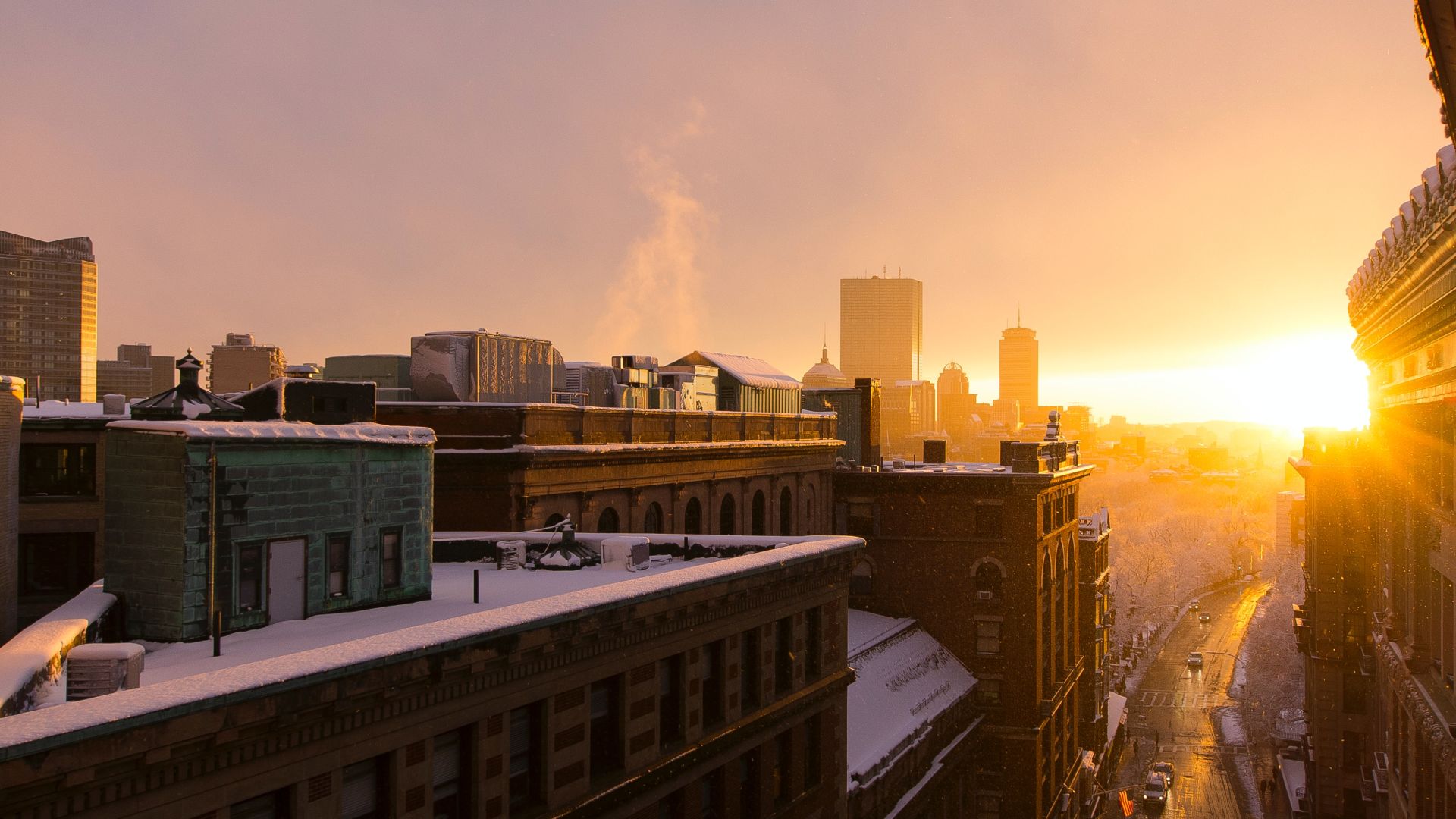“The night is darkest just before the dawn… and I promise you,
the dawn is coming.” - Harvey Dent
Salvation from certain peril, rebirth from destruction, light illuminating a shrouded path, and the sun’s warm rays fighting back against the night’s icy cold tendrils of darkness. That’s the image Harvey Dent wants to paint in our heads when we think of dawn: the inevitable interaction between light and darkness. Dawn is proof that the sun does indeed rise and the world will continue to turn.
A controversial public figure with a tough side profile, Harvey Dent, while fictitious, largely captures the sentiment of humanity: Light is the ultimate symbol of hope. Why? Because in both a literal and figurative sense, it is the opposite of darkness. The famous idiom “light at the end of the tunnel” provides a perfect example - a suffocating pitch black is counteracted by the closeness of its end. Symbolically, darkness represents hope reversed: despair, frustration and fear.
So, what’s so bad about darkness?
In his book A History of Nighttime, Roger Ekirch notes how mankind’s “inherent, age-old fear of darkness” traverses through different cultures and religions, as does its fear-quenching opposite: light. The UK National Gallery have noticed patterns in religious art that highlight this dualism:
“The religious symbol of a burning flame is an ancient one. Agni, the God of fire, is one of the most important Vedic gods and is central to Hindu rites and rituals … In the sacred Upanishads, the soul (or ‘self’, atman) is described as a small flame. Similarly, in Christian scriptures, light is said to burn inside the believer, like a candle in a temple.”
From a practical standpoint, the ancient world was a dangerous place under the cover of darkness: an opportunistic time when violent deeds could be committed under the anonymity of night. Similarly, darkness in the early-modern world, at least according to its literature, appears to summon the worst features within man, nature, and the universe. Ekirch claims that:
“In African cultures like the Yoruba and Ibo peoples of Nigeria and the Ewe of Dahomy (now Benin) and Togoland (Togo and Ghana), spirits assumed the form of witches at night, sowing misfortune and death in their wake.”
Many of us don’t have to look further than the mirror to find someone tormented by a childhood terror of the dark, perhaps one that still lingers long into adulthood.
Can no good come from time spent in the dark?
Logically, as Harvey Dent pleaded to the citizens of Gotham: the darker the night, the deeper its days contrast. The ancient Greek philosopher Hesoid summarised: “day follows night in a causative, aetiological sense: Day exists because Night has produced it.” Practically, the frustration and fear associated with darkness helps contextualise our contentment and comfort in light. Without the tantalising distractions of daytime and its gluttony of social options, our minds can be set loose in the darkness. Even the concept of an “all-nighter” connotes a lucidity and freedom of thought that arises in the night time.
German litterateur Antje Wessels says that, “the night is the period of time when humans see the stars and get a glimpse into the universe, when we realise, we are no more than a small part of the cosmos.”
The idea of the night as a period of reflection and free thought is perpetuated by Plato. In The Laws, Plato’s work on political philosophy, the members of the ‘nocturnal council’ meet at night - a time free from all other obligations. It’s unlikely the ‘nocturnal council’ moonlighted as bartenders, but it’s evident in Plato’s writing among others that darkness’ ability to dim the world brings clarity.
As 2022 begins, bringing with it a myriad of new dawns and realised hopes, we may soon have the opportunity to bask in light. Relationships with physical connection, study alongside peers, travel to faraway places and the good health of loved ones may all be part of this year’s daybreak. The darkness of recent events may have left sincerely negative impressions on us, and for good reason. Death and even more subtle forms of loss can produce deeply unresolved grief and mourning.
However, as darkness continues to enter our lives this year and years to come, maybe its usefulness and opportunity can be realised while we wait for the next coming dawn.


 -
-